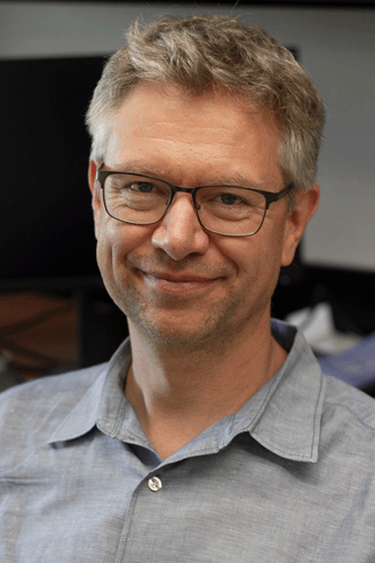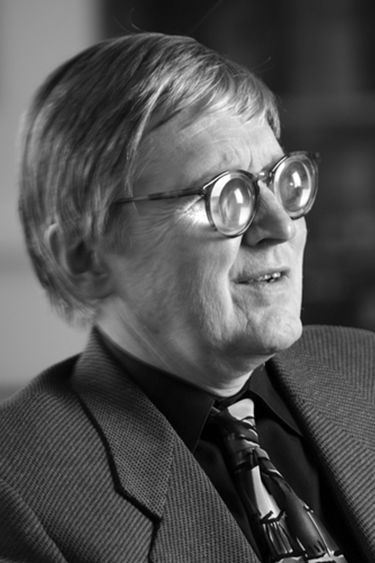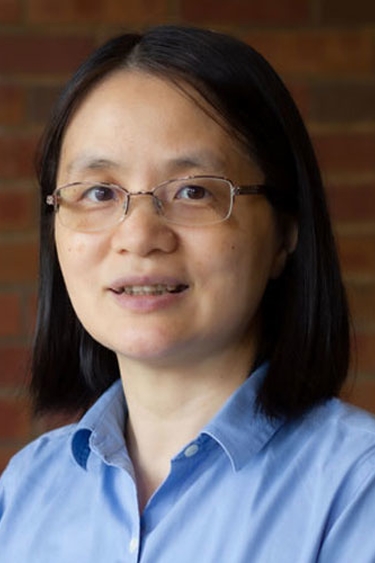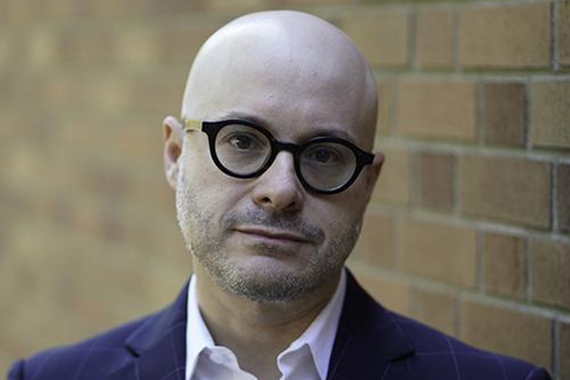Biological Bases of Behavior, Perception, and Cognition
The excellence of Psychology at the University of Minnesota is due in part to our faculty's commitment to interrogating the biological basis of human behavior, perception, and cognition. Fundamentally, humans are biological beings and our faculty have diligently focused on how our behavior, perception, and cognition are rooted in our biology and shaped by our environment, as well as how they evolve over time as we influence each other and our environment. Numerous faculty at Minnesota are known for their focus on such biological bases across sub-disciplines: in sensation and perception, animal and computational modeling, neuroscience, and in the contested realm of behavioral genetics. They are extending our understanding of the biological bases of human behavior through the use of cutting-edge technologies, including fMRI and gene association studies, and by considering brain function from the cellular to the systems level, from the neuro-chemistry of adolescence to the role of specific neurotransmitters in learning in mice.
Read more about how our faculty contribute to this area of excellence:


Distinguished Mcknight University Professor,
Distinguished Teaching Professor
Minnesota is unique in the breadth and depth of our expertise in two foundational systems of human biology - auditory and visual perception. Andrew Oxenham, PhD, and Gordon Legge, PhD, explore how stimuli to our ears and eyes can be made meaningful by our brains, as well as how our brains adapt to the absence of, or loss of, hearing or vision. Although how ears and eyes function is different - ears allow us to gather stimuli from all around us, even in the dark, while eyes are more accurate at identifying the source of a stimulus—being able to work together, across the senses, across the auditory and visual cortexes, can produce powerful synergies. Through collaboration with others across the University, Oxenham and Legge founded the Center for Applied and Translational Sensory Science (CATSS) by which they bring the basic research of their labs to bear on issues of human concern - applied work in cochlear implants and neural prostheses, future implants in the auditory or visual cortex, universal design elements to assist in way-finding, and the means for supporting reading and object recognition among people with low vision.

Distinguished McKnight University Professor,
Distinguished Teaching Professor,
Starke Hathaway Professor of Clinical Psychology

Monica Luciana, PhD, is also deeply immersed in the examination of biological bases of behavior. Luciana is a principal investigator with the Adolescent Brain Cognitive Development (ABCD) Consortium project, a federally-funded multi-site, multi-year study. Luciana knows that the adolescent period is a vulnerable stage for brain and behavior development and her work with the ABCD Consortium is “trying to understand what is special about adolescence as a biological period in development” and how behavior is evolving. Are the experiences during adolescence disrupting the expected trajectory of brain functioning and having a lasting impact? Can we learn enough to intervene and prevent problems from worsening over time?
Vanessa Lee, PhD, knows that our brains have evolved to solve some problems, while it continues to struggle with solving others. For instance, our brains are good at facial recognition, an essential function for survival, but poor at multitasking, making distracted driving a real problem. Lee articulates a need to explain the gap between what happens on the cellular level, such as how neurons fire action potentials, and behavioral complexity. Lee is optimistic about the future of psychological science due to methodological advances—such as fMRI and improved genetic sequencing—and an increase in interdisciplinary work. Explaining complex phenomena requires complex teams, people with specialized skills who can collaborate and communicate effectively. Ultimately, Lee is interested in creating tools that will help humans lead better and safer lives, augmenting those behaviors that have not yet fully evolved or those we lose during our lifetimes. According to Lee, "understanding the power and limitations of the brain can help us design better tools and create more user-friendly environments."


